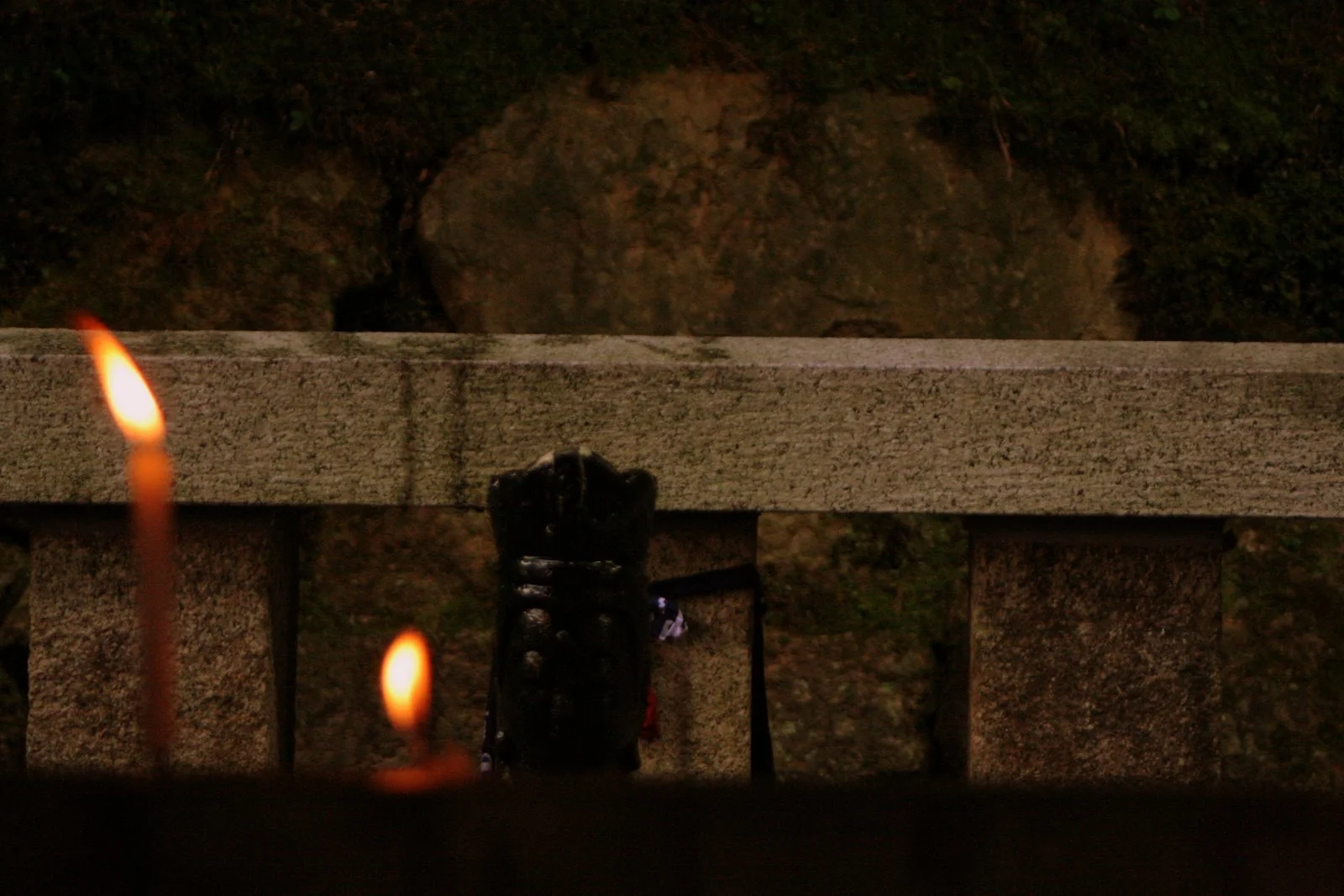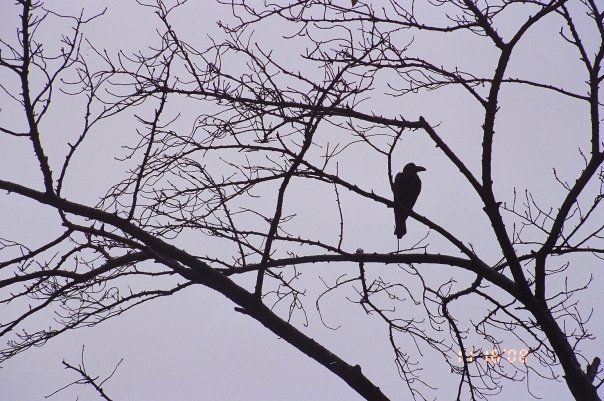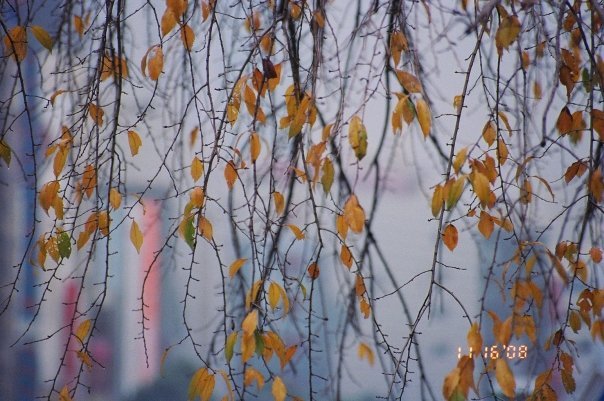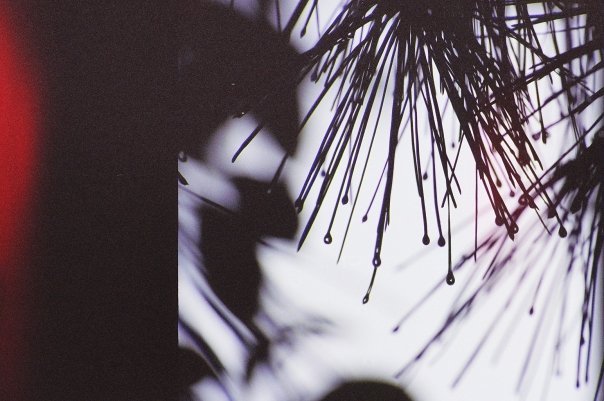Looking at the Flame
I remember the sounds of the boys in my U.S. history class in 11th grade as they laughed. Deep inside my heart, a fire rose. I could feel my hand shaking under my desk. My throat clenched. They were laughing about the atomic bomb being dropped on Japan in World War II. I couldn’t stay silent. I remember speaking with a shaking but passionate voice - saying out loud that it wasn’t funny. It was horrific. It was mass death. It was catastrophic human suffering. Those were people. I remember them laughing at me, taunting the way I spoke, turning toward each other to affirm that they were not alone in their advocacy for killing hundreds of thousands of people. Hot tears slid down my face.
It was 2005, and every day, I drove the 20-minute drive to school and listened to NPR. Every day, I heard news of a new massacre happening in Iraq by the United States military. Every day, when I heard these numbers, I tried to let those numbers translate into humans. I wanted to take a moment to acknowledge the depth of each world that the U.S. military had ended. To connect to the specificity of each of those human lives. To not let numbers numb me to the truth of each person’s soul. I lit a candle in my heart as I drove through suburbia.
3 years later, I had the opportunity to visit a memorial in Japan for the people murdered in the Hiroshima and Nagasaki atomic bombings by the United States military. It was a rainy day. A sea of hanging doves, floating, held the names of people killed. I stood there and felt the weight of the human suffering that had been inflicted by the government I was born within. The chain reactions - of radiation, on the land, on bodies and lineages were viscerally real—the true impact, beyond words.
“If the public at large accepts preventable mass deaths as inevitable, the system will maintain itself…Our oppressors rely on our hesitation to feel for one another. They rely on our suppression of empathy and grief and on the desensitization that often takes hold as a defense mechanism in the face of so much suffering. They are hoping that the battery of catastrophes we witness in real time will shorten our attention spans until the fallen are forgotten in the blink of an eye.” -Kelly Hayes and Mariame Kaba, Let This Radicalize You
We are called to bear witness. We can turn away from the violent legacies of U.S. imperialism and live like those boys all dressed in Abercrombie who made fun of my tears and trembling voice. We can cling tightly to myths that help us collectively forget the human cost of white supremacy, capitalism, imperialism, settler colonialism and patriarchy. We can bury the realities of violence our lives are built upon. But what has been buried has not been lost.
I know what it’s like to try and advocate against the death cult that is U.S. imperialism and be met with sneers and dismissal. I know what it feels like to risk belonging because you can’t accept the normalization of mass death perpetuated casually by this government. I know what it’s like to get blank stares back when you speak up about oppression in our culture that is committed to just doing our best to have a good time. But while we live, distracted and exhausted from the rhythms of capitalism, seeking belonging amongst others living on stolen, blood-soaked land, the death machine crawls forward - scarring lands and people.
“Fortunately, the system’s reliance on us to deaden and dull our capacity for grief presents us with a lever for change. Our oppressors are wholly unprepared to confront a multiracial, intergenerational movement of people who share a loving practice of grief and who are prepared to care for one another and act in one another’s defense.” -Kelly Hayes and Mariame Kaba, Let This Radicalize You
What if there’s a deeper belonging?
To the earth and each other.
How can we bear witness to the legacies of violence we’ve inherited? How can we interrupt them?
How can we refuse to treat genocide as ‘just something happening in the background’?
What matters more than conforming to collective silence? What if we could help each other speak louder (Or sing louder, as I’ve been experiencing in the RVA Ceasefire Choir)?
What if we could strengthen our capacity to name and be with the grief that these systems have caused?
Will you light a candle in your heart for Gaza, Sudan, Congo, Haiti, and Tigray?
Will you turn toward what -and who- has been buried?
Can you let that flame flicker in the vast dark?
Can we look at it together?
“Grief, after all, is a manifestation of love, and our capacity to grieve is in some ways proportional to our capacity to care. Grief is painful, but when we process our grief in community, we are less likely to slip into despair….Even just acknowledging that we are not alone in our grief can bring a sense of solidarity and collective strength. That strength kindles our energy to face the future, sparking the fire of hope… We must allow our grief and hope to coexist and courageously hold on to both.”
-Kelly Hayes and Mariame Kaba, Let this Radicalize You
STORY PROMPTS:
When you think about grief as a manifestation of love, what memories come to mind?
Have you ever experienced sharing grief in community? Paint a picture of that scene. What did it feel like? How did your body respond? What did it conjure in your spirit? What did it mean to you?
When do you recall becoming aware of imperialism? What was your education like when it comes to the history of settler colonialism and genocide that are at the origin of this government on this land? What cultural myths did your history education impart and uphold? When did you become aware of how oppressive systems (capitalism, white supremacy, patriarchy, settler colonialism, imperialism) are death machines? What did you learn about how imperialism functions and persists? What was it like for you to unlearn the dominant cultural narratives that your upbringing in this culture infused in you?
When have you spoken up in the midst of a violent status quo? When have you challenged dominant narratives that normalize violence? What did it feel like in your body to challenge a power structure in real time? How did the people around you respond? What chain reactions did it set in motion?




